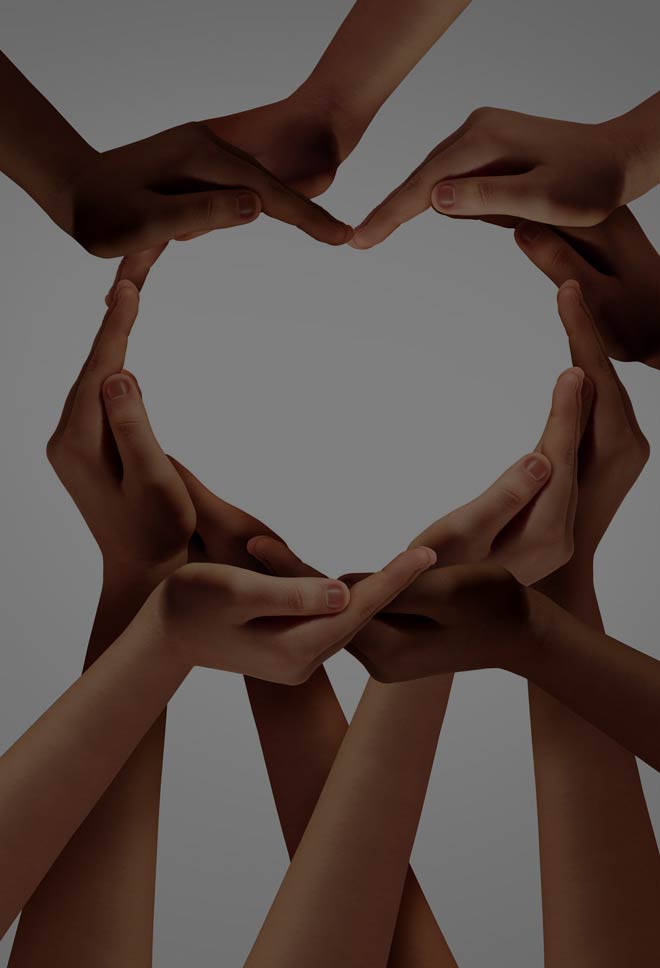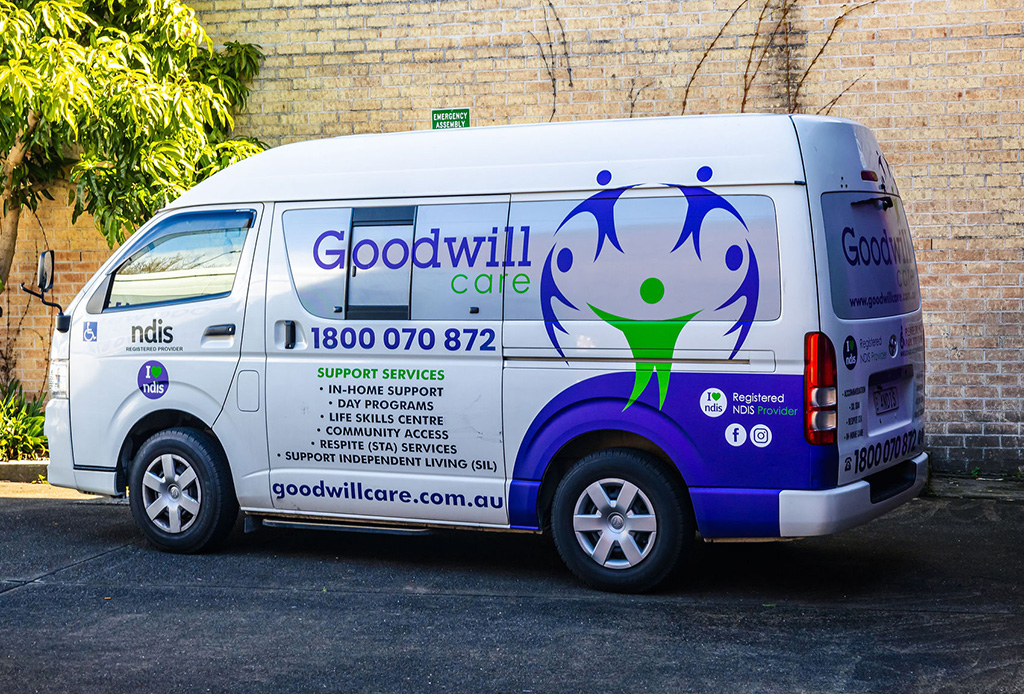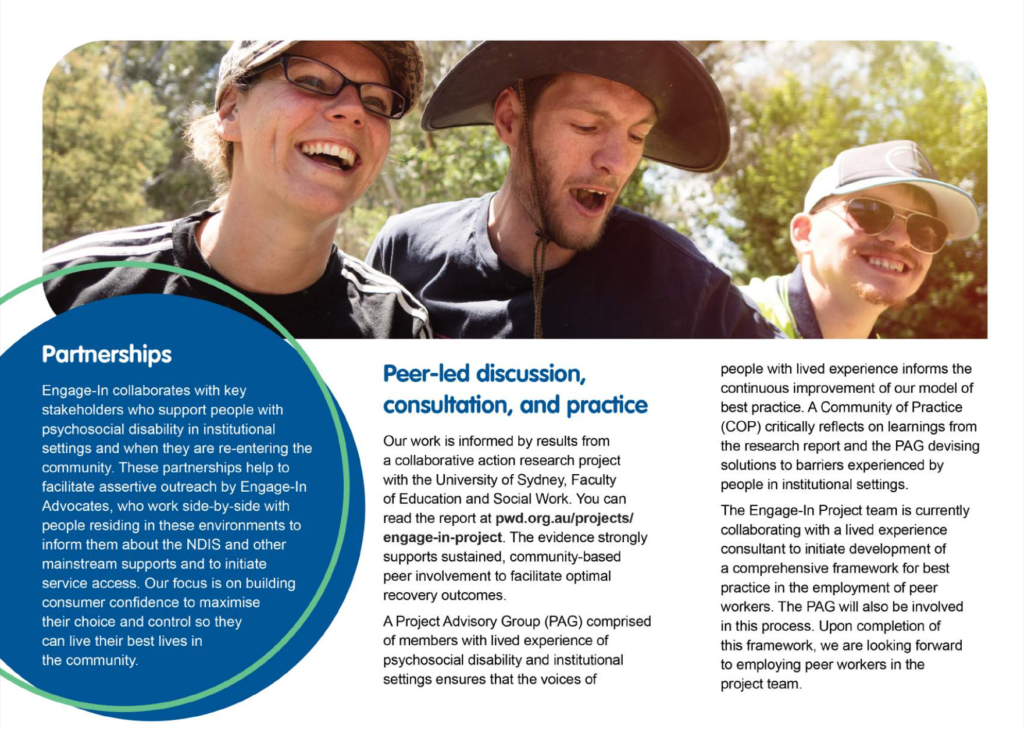WHAT IS AN ADVOCATE?
Our service is free!
An advocate is someone who stands up for your rights and is on your side. They support you to sort out your own problem.
We cannot give legal help. We can tell you where you can get this kind of help.
What is individual advocacy?
Individual advocacy is one-on-one support to help you voice concerns, get information, explore choices and make your own decisions.
How can we help?
We can help you with:
Information – telling you about your rights and where you can get help.
Access – talking to you about ways you can solve your problem yourself.
Advocacy – working with you to help you solve your problem.

How we work
We will give you information and advice to help you solve your problem. If someone is already helping you, we will support them to be your advocate.
If you need more help, we will look at your problem and see if we can give you advocacy.
We will talk to people about your problem and try to find ways to solve it. This may include:
• Going to meetings you or on your behalf.
• Writing letters.
• Making phone calls.
More?
We can help people with disability with problems such as:
• Someone is abusing you.
• Someone discriminates against you.
• You are not getting a good service.
• You cannot get a service you need.
• A big change in your life.
We can help you to sort out a problem. When your problem has been sorted out, then we will close your file. If another problem comes up, you can ask for our help again.


In life, unforeseen circumstances can arise—be it a crisis, a sudden illness requiring hospitalization, or your primary caregiver needing a break. During such times, accessing safe and supportive accommodation becomes crucial. Home Caring offers temporary living solutions for individuals with disabilities, aimed at keeping them integrated within the community and preventing unnecessary hospital stays or early admission into aged care facilities. As part of the NDIS, these services are categorized as Short Term Accommodation (STA) and Medium Term Accommodation (MTA), providing essential support during transitional periods. Below is an overview of these accommodations and the services Home Caring offers.

GWCA
Who can access our advocates?
Our process applies techniques from a variety of disciplines, values distinction in detail and gives careful. Our process Any person with disability who lives in the following areas can get help from a PWDA advocate:
• Living anywhere in NSW.
• Living in these 9 regions in Queensland: Hervey Bay, Port Douglas – Daintree, Sunshine Coast, Bundaberg, Maryborough, Queensland – Outback, Logan – Beaudesert, Noosa, Gympie. Family members, carers, disability workers and others can also ask us to help a person with disability.
Who can access our advocates?
You can contact us by phone on Monday to Friday between 9am-5pm.
- We won’t do anything for you without asking you first.
- We will keep personal information about you private and confidential.
- We will only tell your personal information to people who need to know. We will ask you if it is OK first.
- We will not give up until your problem is solved, unless there is nothing more we can do to solve it.
For more information
scan the QR code
or call us at
800 070 872

DISABILITY ADVOCACY FUTURES PROGRAM.
Supporting you to engage with NSW Government services.



DISABILITY ADVOCACY FUTURES PROGRAM
What is Disability Advocacy Futures Program?
The Program is funded by the NSW Government to help people with disability to access and engage with NSW Government funded services.
Some examples of the services and supports we can assist you to access are:
• Housing
• Education
• Health
• Transport
• Child protection
• Justice
• Cultural activities
• Trustee and guardianship.
We will focus on amplifying your voice, representing your interests, and promoting your rights.
Who can use the service?
Any person with disability including psychosocial disability who lives in Sydney, South Eastern Sydney and South Western Sydney can access the Disability Advocacy Futures Program.
Family members, carers, disability workers and others can also ask us to help a person with disability.
People are not required to be a recipient of the Disability Support Pension (DSP) or National Disability Insurance Scheme (NDIS) to access this program.
Advocacy services & How can we help?
Our advocates can help people with disability with problems such as:
• someone is abusing you
• someone discriminates against you
• you are not getting a good service
• you cannot get a service you need
• a big change in your life
PWDA’s advocacy services are:
• Free and confidential
• Non-legal
• Issue-based
• Short- to medium-term
Our advocacy service differs from Case Management, Support Coordination or Legal Support.
While we are unable to provide you with such services, we might be able to connect you to those who can.
The National Redress Scheme
GWCA can help people with disability access the National Redress Scheme. GWCA can provide you with a copy of the application form and/or assist you throughout the application process. We can act on your behalf, if you agree to this.

What is the National Redress Scheme?
The National Redress Scheme has been set up to acknowledge and recognise the sexual abuse many people, including people with disability, experienced as children in institutions. It was set up by the Australian Government in response to the Royal Commission into Institutional Responses to Child Sexual Abuse.
The National Redress Scheme is one way for people to get recognition for the harm they experienced.
Who is eligible?
The National Redress Scheme is for people who have experienced institutional child sexual abuse, including people with disability.
People with disability may be eligible to apply for Redress if they meet the following criteria:
• you experienced sexual abuse when you were a child (under 18 years of age) and
– the abuse happened before 1 July 2018, and
– an institution was responsible for bringing you into contact with the person who abused you, and
• you were born before 30 June 2010, and
• you are an Australian citizen or permanent resident.
What support does PWDA offer?
PWDA provides confidential and free support to survivors of institutional child sexual abuse with disability, who are considering applying for Redress across Australia. PWDA can provide you with information to help you understand the process, your rights and the way your personal information will be shared throughout the process.
We offer this support in three types of service:
National telephone service –
accessible information about the Redress Scheme and to connect people with disability to Redress support services in their area .
Face-to-face and telephone support –
available in parts of NSW and Queensland to support you to consider your options and decide if you want to apply. We can also help you complete the application, and provide assisted referrals to other support services.
Intensive assistance –intensive support to assist people with disability who face additional barriers to access the scheme. This service is provided in metropolitan Sydney, with some ability to travel to outer Sydney and regional areas.
We would also encourage you to access free, independent and confidential legal support through knowmore legal service.
How to apply?
You can make an application for redress any time until 30 June 2027. You have the options of applying online or on paper. You can print the application form available on the National Redress Scheme website or contact the National Redress Scheme to order a paper copy of the application to be sent to your address.
SPECIALIST DISABILITY ACCOMMODATION.
Do you have a question or concern about specialist disability accommodation (SDA)?
The Disability Housing Information Line provides information and advice to people living in Specialist Disability Accommodation (SDA), their supporters and accommodation providers. People living in SDA in NSW can directly contact the information line or ask their accommodation provider to make a referral.
Frequently Asked Questions
- Who can use the service? – People with disability who live in any type of SDA in NSW.
- Who funds this pilot project? – This pilot project is funded by the NSW Department of Families and Community Services (FACS).
- Why do we need this service? – We want to make sure that everyone living in SDA knows about their rights. This includes where to go when they have an issue or concern with their accommodation provider.
Our Service
- The Disability Housing Information Line can be contacted by phone and email
- People can get independent information about their housing rights.
- People can get referrals to the Disability Housing Advocacy Service or other services that may help resolve the dispute.
Engage IN


